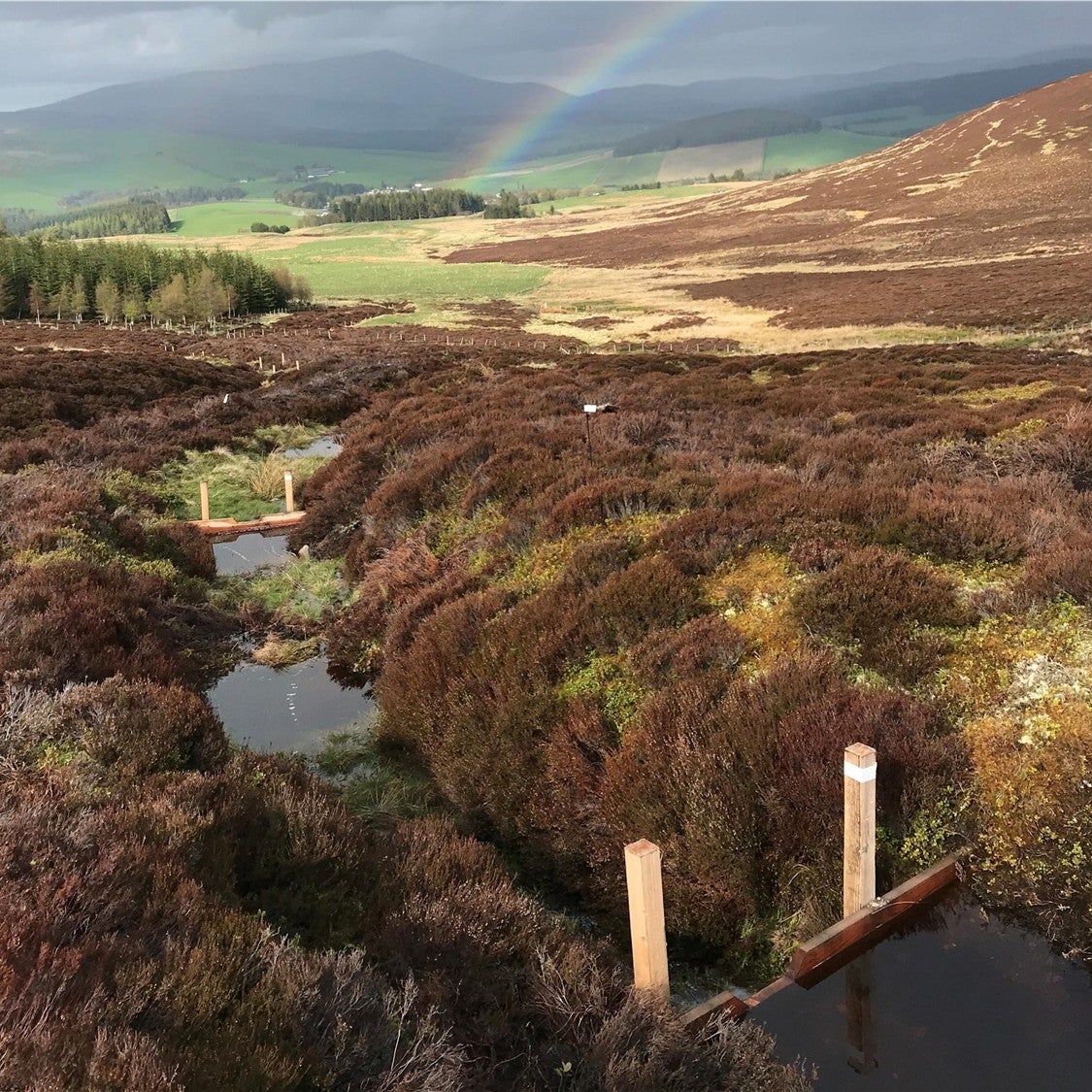Small dams could keep distilleries producing whisky through dry spells
Researchers at the University of Aberdeen have found small dams collecting water during wet periods could ensure distilleries do not have to close.

Your support helps us to tell the story
From reproductive rights to climate change to Big Tech, The Independent is on the ground when the story is developing. Whether it's investigating the financials of Elon Musk's pro-Trump PAC or producing our latest documentary, 'The A Word', which shines a light on the American women fighting for reproductive rights, we know how important it is to parse out the facts from the messaging.
At such a critical moment in US history, we need reporters on the ground. Your donation allows us to keep sending journalists to speak to both sides of the story.
The Independent is trusted by Americans across the entire political spectrum. And unlike many other quality news outlets, we choose not to lock Americans out of our reporting and analysis with paywalls. We believe quality journalism should be available to everyone, paid for by those who can afford it.
Your support makes all the difference.Small dams designed to capture water during wet periods could see distilleries no longer having to close during dry periods, researchers have found.
The University of Aberdeen and James Hutton Institute have worked with the Glenlivet distillery in Speyside, Aberdeenshire, to introduce environmentally sustainable solutions at Chivas Brothers’ distillery.
Led by PhD student Jessica Fennell, the project will help prevent the closure of the distillery during dry periods which are predicted to become more frequent due to climate change.
Many distilleries, including Glenlivet, have had to temporarily stop distilling in recent summers because of water shortages, costing the industry millions.
The study team surveyed the landscape to determine where dams would best protect groundwater supplies.
Ms Fennell said: “Our results found that the features we installed will have a small but positive impact that could help increase water availability during periods of water scarcity and reduce flood peaks during high rainfall.
“Crucially, this could prevent the distillery closing during dry periods which has a significant cost impact.
“Because these measures enhance groundwater recharge, and groundwater contribution to streams, our research has also raised the possibility of positive implications for water temperature. This is important because distilleries require cool water and groundwater is typically colder than surface water during summer.
“As water temperature is expected to increase with climate change, more water will be needed to achieve the same cooling effects, and increased groundwater flow could help stabilise stream temperatures as well as increase flows through dry summer periods.”
Dr Josie Geris, from the University’s School of Geosciences, supervised Ms Fennell and is a co-author of the study, which was funded by the Natural Environment Research Council and Chivas Brothers, owners of The Glenlivet.
Dr Geris said: “The lessons learned can also potentially be applied to other areas of the economy that rely on private water supply and bring other potential benefits, for example in flood management, improvements to biodiversity and water quality, the restoration of upland habitats, and carbon storage.”